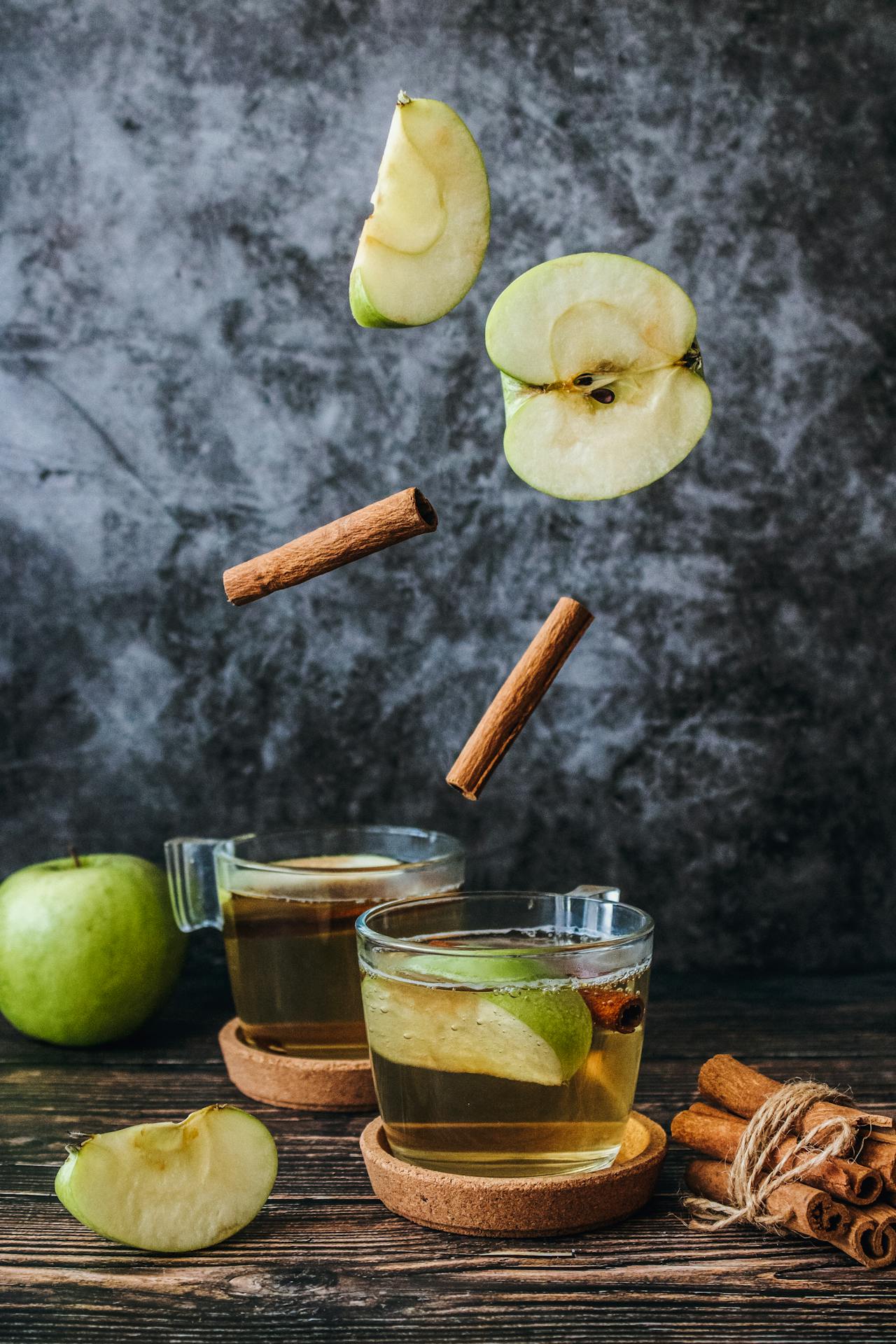For athletes striving to optimize their performance and recovery, the role of nutrition and hydration cannot be overstated. Among the countless beverages vying for attention, herbal teas and green tea often stand out due to their reputed health benefits. But which option is better for an athlete's overall health and performance? Or could a combination of both provide the best results? Furthermore, where does black tea fit into this discussion, and could it also hold valuable properties for athletes?
The Case for Herbal Infusions
Herbal teas, technically referred to as infusions, are derived from a variety of plants, flowers, and roots, excluding the Camellia sinensis plant, which produces green and black tea. The diversity of herbal infusions allows athletes to select teas tailored to specific needs. For instance, chamomile tea is renowned for its calming properties, potentially aiding post-exercise relaxation and sleep quality. Sleep is crucial for muscle recovery and overall performance, making chamomile an indirect yet powerful ally for athletes.
Peppermint tea, on the other hand, is often lauded for its ability to soothe digestive discomfort. For athletes dealing with gastrointestinal issues due to intense training or specific dietary regimens, peppermint tea could offer much-needed relief. Additionally, its cooling properties can be particularly refreshing after a strenuous workout.
For endurance athletes, hibiscus tea might stand out due to its rich antioxidant content. Hibiscus is high in anthocyanins, which help combat oxidative stress caused by intense physical activity. Emerging research suggests it may also help regulate blood pressure, an essential factor for cardiovascular performance during high-intensity sports.
Green Tea: A Multifaceted Health Booster
Green tea, derived from the Camellia sinensis plant, has earned its reputation as a health elixir for a reason. Packed with catechins, particularly epigallocatechin gallate (EGCG), green tea provides potent antioxidant and anti-inflammatory benefits. For athletes, this can translate to reduced muscle soreness and quicker recovery after workouts.
Moreover, green tea contains a moderate amount of caffeine, offering a gentle energy boost without the jitters associated with high-caffeine beverages. This can be particularly beneficial during morning training sessions or competitions. Green tea also boasts the amino acid L-theanine, which promotes relaxation without drowsiness, helping athletes maintain focus and composure under pressure.
Studies have also linked green tea consumption with improved fat oxidation during exercise. This means that athletes might be able to utilize fat stores more efficiently for energy, which is especially valuable for endurance sports. Additionally, regular green tea consumption has been associated with improved heart health, a critical component for athletic performance.
Black Tea: An Underrated Contender
Black tea, often overshadowed by its green counterpart, offers a unique profile of benefits that athletes should not ignore. While it contains a higher caffeine content than green tea, it still remains within a moderate range, providing an energy boost that can enhance both physical and mental performance during training or competition.
Rich in theaflavins, black tea has potent antioxidant properties, albeit different from those in green tea. These compounds have been shown to improve vascular function, which could enhance blood flow to working muscles. Better circulation means more oxygen and nutrients delivered to tissues, supporting endurance and recovery.
Additionally, black tea has been linked to stress reduction. For athletes dealing with the psychological demands of competition, a cup of black tea might offer a calming yet invigorating effect, helping them stay centered and focused.
Should Athletes Choose One Over the Other?
When it comes to choosing between herbal infusions, green tea, and black tea, the answer largely depends on the athlete's individual needs and preferences. Herbal teas excel in addressing specific concerns like sleep, digestion, or inflammation. Green tea shines as a multifunctional powerhouse, offering benefits that range from improved fat metabolism to mental focus. Black tea provides an energy lift with cardiovascular benefits, making it a solid choice for performance enhancement.
For many athletes, incorporating a combination of these teas into their routine might be the best strategy. For example, starting the day with green tea could provide the energy and focus needed for morning training. A mid-afternoon cup of black tea might offer an additional boost, while an herbal tea like chamomile in the evening could aid recovery and promote restful sleep.
The Importance of Quality and Timing
Regardless of the type of tea chosen, quality matters. Opting for organic, high-grade teas ensures a higher concentration of beneficial compounds and fewer contaminants. Athletes should also pay attention to timing. Consuming caffeinated teas like green or black tea too close to bedtime could interfere with sleep quality, negating some of their benefits.
Additionally, teas should be consumed as part of a broader hydration strategy. While they contribute to overall fluid intake, athletes engaged in intense training or competition must prioritize adequate water consumption to avoid dehydration.
Herbal teas, green tea, and black tea each offer unique benefits that can support an athlete's health, performance, and recovery. Rather than viewing them as competitors, athletes can embrace the diverse advantages of these teas as complementary tools in their wellness arsenal. By tailoring their tea choices to their specific needs and training schedules, athletes can enjoy the multifaceted benefits of these time-honored beverages.













